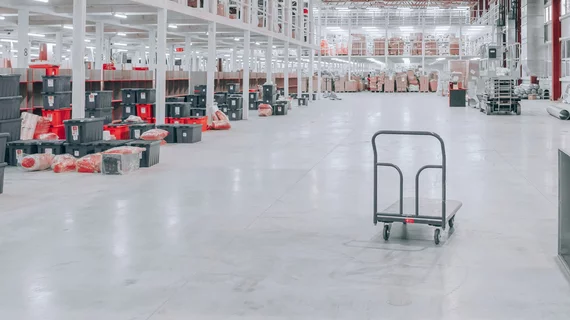Philips running short on MRI coil disposables, FDA advising providers to consider image-guidance alternatives
Philips has been experiencing a shortage of supplies in its inventory of MRI breast coil disposables, including breast biopsy grid plates, since at least July.
The FDA has now stepped in, offering recommendations for breast-care providers who use the affected products in image-guided biopsies.
In a letter to providers posted Oct. 31, the agency recommends Philips clients in this product category consider any of three steps as applicable locally to cope with the interruption:
- Discuss options with patients if MRI breast biopsy grid plates or other MRI coil disposables are not available at [your] facility.
- Continue to schedule procedures if you have available supplies. If supplies are unavailable, if possible, recommend an appointment at a facility where the procedure can be performed. (The American College of Radiology maintains a list of Breast MRI facilities where biopsies may be performed.)
- Contact Philips for questions or assistance with shipment delays and shortages of breast biopsy grid plates using the Philips “Contact Us” form.
In an undated notice posted on its website, Philips says the affected products in its MRI coil disposable portfolio “have now been released for shipment in the USA. Shipments are continuing and backorder times are decreasing. We appreciate your patience as we work to resolve this issue.”
The FDA adds that it’s working with Philips to
… resume deliveries and to prioritize shipments to facilities in regions that have no alternative imaging centers where these procedures can be performed. Imaging facilities notified the FDA of this shortage in July 2022, and we have been working with Philips to identify potential contributing factors and mitigation strategies. The shortage is estimated to continue through the end of 2022.”
The full FDA letter to providers is here.

